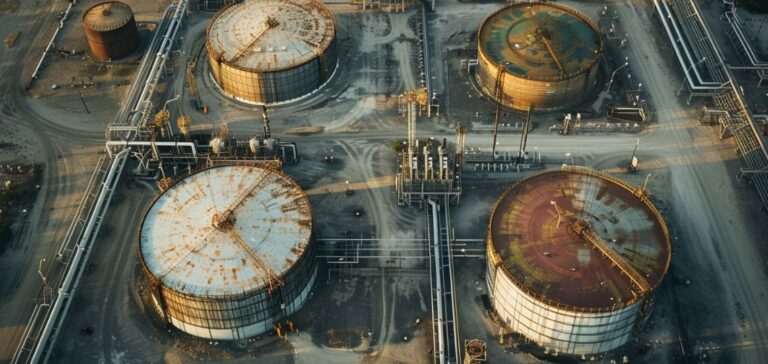US crude oil stocks saw a more significant increase than expected last week, according to data published by the US Energy Information Administration (EIA). During the week ending March 14, these stocks grew by 1.7 million barrels, a figure higher than the median estimate of 1 million barrels set by Bloomberg analysts. This result brings the total stocks to 437 million barrels, their highest level since July 2024.
Meanwhile, the Strategic Petroleum Reserve rose by 300,000 barrels to reach 395.9 million barrels, its highest level since November 2022. The EIA made a statistical adjustment, revising down the volumes of oil entering the US market by 1.037 million barrels per day, which influenced the stock increase.
Increase in exports and slight rise in production
US refinery activity slightly increased, reaching 86.9% of capacity compared to 86.5% the previous week, following the end of the traditional maintenance period between late January and February. Although crude production remained stable at 13.57 million barrels per day, oil exports recorded a significant increase, rising by more than 40% to 4.64 million barrels per day.
Additionally, gasoline production rose by 0.7%, and distillate production, including diesel, increased by 3.38%. In contrast, US crude oil imports fell by 1.56%.
Impact on oil prices
The unexpected rise in stocks, though largely due to statistical adjustments, had an immediate impact on oil markets. Oil prices rebounded after the data release. The price of West Texas Intermediate (WTI) crude oil, for April delivery, increased by 0.30%, reaching $67.20, while Brent crude oil, for May delivery, rose by 0.29%, reaching $70.85.





















